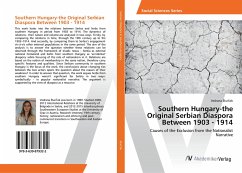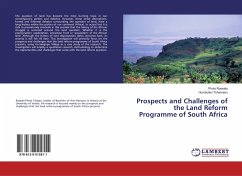This work looks into the relations between Serbia and Serbs from southern Hungary in period from 1903 to 1914. The dynamics of relations- their nature and volume-are analyzed in two ways. Firstly, by comparing the relations in time, through the 19th century up to the 1903-1914. And secondly, by comparing them to Serbia's engagement vis-à-vis other external populations in the same period. The aim of the analysis is to answer the question whether these relations can be observed through the framework of triadic nexus - Serbia as external national homeland and Serbs from southern Hungary as 'accidental' diaspora; while focusing of the role of nationalism in it. Relations are based on the notion of membership in the same nation, therefore carry specific features and qualities. Since Serbian community in southern Hungary is the focus of the work, the conclusions about changing ties between the two actors opens the question about the reason of their weakness? In order to answer that question, the work argues Serbs from southern Hungary weren't significant for Serbia in two ways: symbolically - in popular nationalist narrative. The argument is supported by the view of diaspora as a resource.
Bitte wählen Sie Ihr Anliegen aus.
Rechnungen
Retourenschein anfordern
Bestellstatus
Storno








